Description
Indian Head Ginger (Costus Spicatus) – Plant
Indian Head Ginger, scientifically known as Costus spicatus, is a stunning tropical plant admired for its bright red cone-like flower heads and lush green foliage. Native to the Caribbean and Central America, it thrives in warm, humid climates. This plant is best suited for outdoor gardens but can be grown indoors with proper sunlight and humidity. Indian Head Ginger is not just an ornamental beauty—it also has traditional medicinal uses, especially in herbal remedies. Its spiral growth pattern and vibrant blooms make it a striking choice for landscaping and tropical-themed gardens.
Growing Requirements
- Light: Prefers partial shade to filtered sunlight. Avoid direct harsh sunlight, especially in hot climates.
- Watering: Keep the soil consistently moist but not soggy. Water regularly, especially during dry seasons.
- Soil: Grows best in well-draining, rich organic soil. Add compost or organic matter for better growth.
- Temperature & Humidity: Loves warm, humid environments. Protect from cold winds and frost.
- Fertilizer:Feed with a balanced, organic fertilizer every 4-6 weeks during the growing season.
Planting and Care
- Container: Choose a pot with drainage holes to prevent waterlogging. A 12-16 inch container is ideal for healthy root growth.
- Pruning: Prune your Indian Head Ginger Plant by removing dead or damaged leaves and spent flowers to encourage new growth. Cut back old stems at the base after flowering to maintain a neat, healthy appearance. Minimal pruning is needed.
- Propagation: Your Indian Head Ginger Plant is best propagated through rhizome division. Simply divide healthy rhizomes and plant them in well-draining soil. Keep the soil moist and provide warm, humid conditions for successful growth.
- Repotting: Repot your Indian Head Ginger Plant every 2-3 years or when it outgrows its container. Choose a larger pot with good drainage, refresh the soil with organic matter, and water thoroughly after repotting to help it establish.
- Common Pest: Your Indian Head Ginger Plant is susceptible to aphids, spider mites, and mealybugs. Regularly check for pests and treat infestations with neem oil or insecticidal soap to keep the plant healthy.




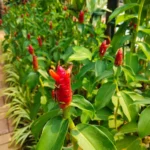
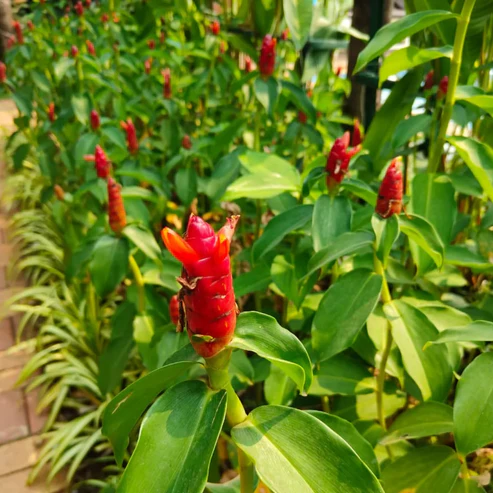

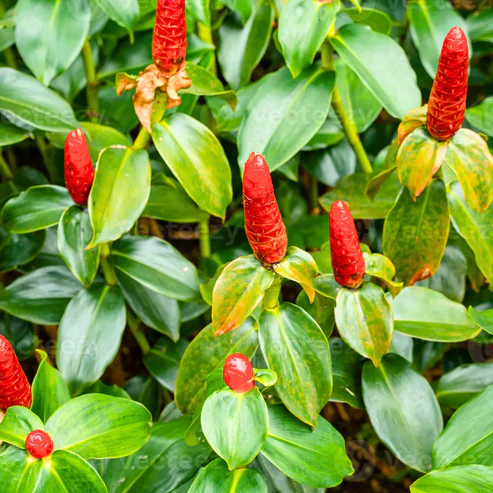
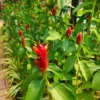
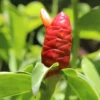
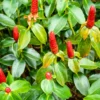
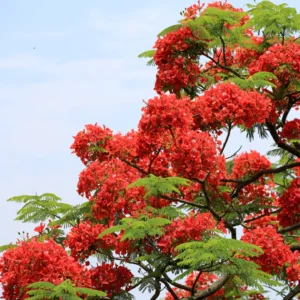
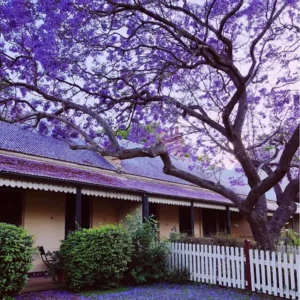
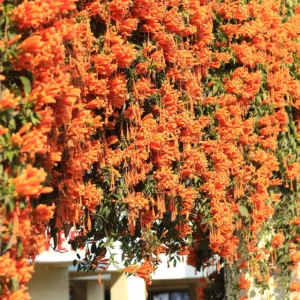
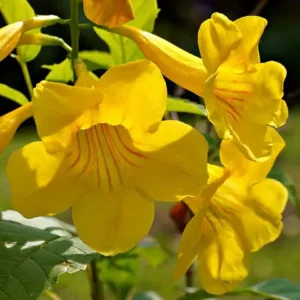
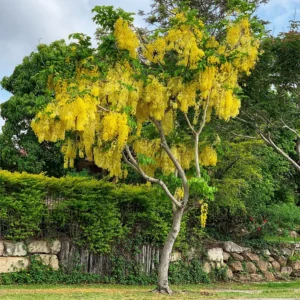
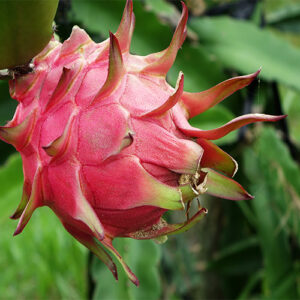
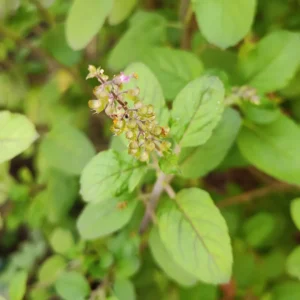
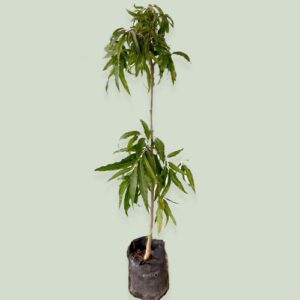
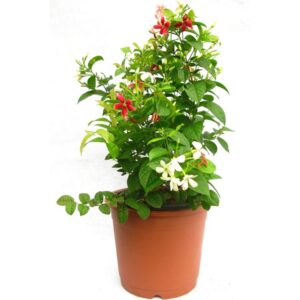
Reviews
There are no reviews yet.